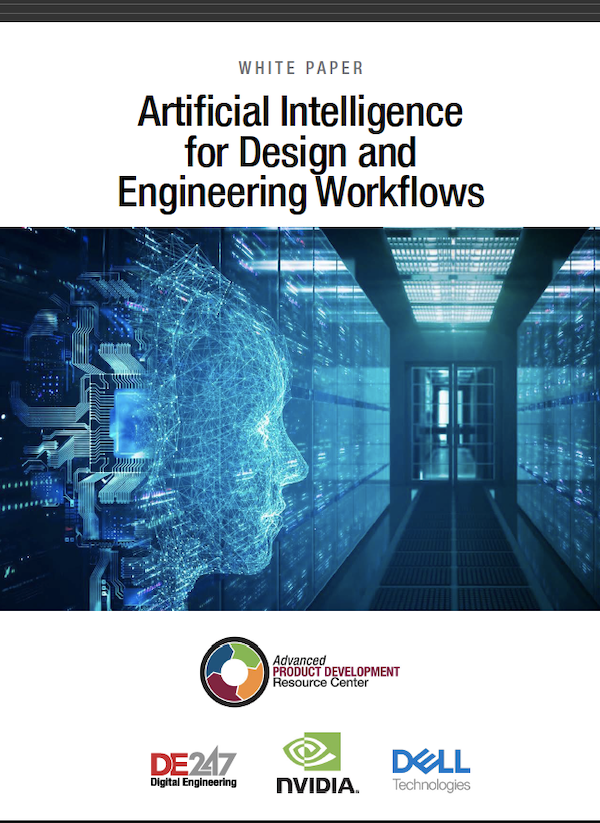Latest News
June 1, 2018
 The Center for Rare Childhood Disorders (C4RCD) at Translational Genomics Research Institute (TGen) is helping researchers discover gene mutations with an HPC cluster based on the Dell EMC Genomic Data Analysis Platform, the predecessor of today’s Dell EMC Ready Bundle for HPC Life Sciences. This cluster, powered by Dell EMC PowerEdge servers with Intel® Xeon® processors, runs complex algorithms that quickly analyze terabytes of genetic and molecular data.
The Center for Rare Childhood Disorders (C4RCD) at Translational Genomics Research Institute (TGen) is helping researchers discover gene mutations with an HPC cluster based on the Dell EMC Genomic Data Analysis Platform, the predecessor of today’s Dell EMC Ready Bundle for HPC Life Sciences. This cluster, powered by Dell EMC PowerEdge servers with Intel® Xeon® processors, runs complex algorithms that quickly analyze terabytes of genetic and molecular data.
Gene mutations can help identify diseases so rare that they don’t yet have names. Even among the rare diseases recognized by medical science, many are not known well enough to be reliably diagnosed by most medical professionals. TGen works to “unlock clues in the genomic patterns of the nearly 15 million children in the U.S. who have been diagnosed with rare, often unclassified disorders,” according to the C4RCD website (c4rcd.org).
The task of identifying the unique genome string inherent to each child with a rare disorder, and then comparing it to the strings of family members and others around the world, is accelerated with the use of Dell EMC and Intel technology.
“We have the ability to more quickly perform genetic sequencing and meet the demand for processing increasing data volumes, because of the Dell EMC HPC cluster,” says James Lowey, TGen’s CIO, in a case study. “We are committed to helping children with rare disorders, and we are better equipped to do that with this solution.”
TGen has recognized Dell EMC’s commitment to cancer research by presenting the company with the John S. McCain Leadership Award for Dell’s support of pediatric brain cancer research. “Dell is not only a supporter of TGen, but they are a partner of TGen, and they can be proud that they have saved a lot of lives,” says Senator McCain in the video.
Subscribe to our FREE magazine, FREE email newsletters or both!
Latest News
About the Author
DE’s editors contribute news and new product announcements to Digital Engineering.
Press releases may be sent to them via [email protected].






